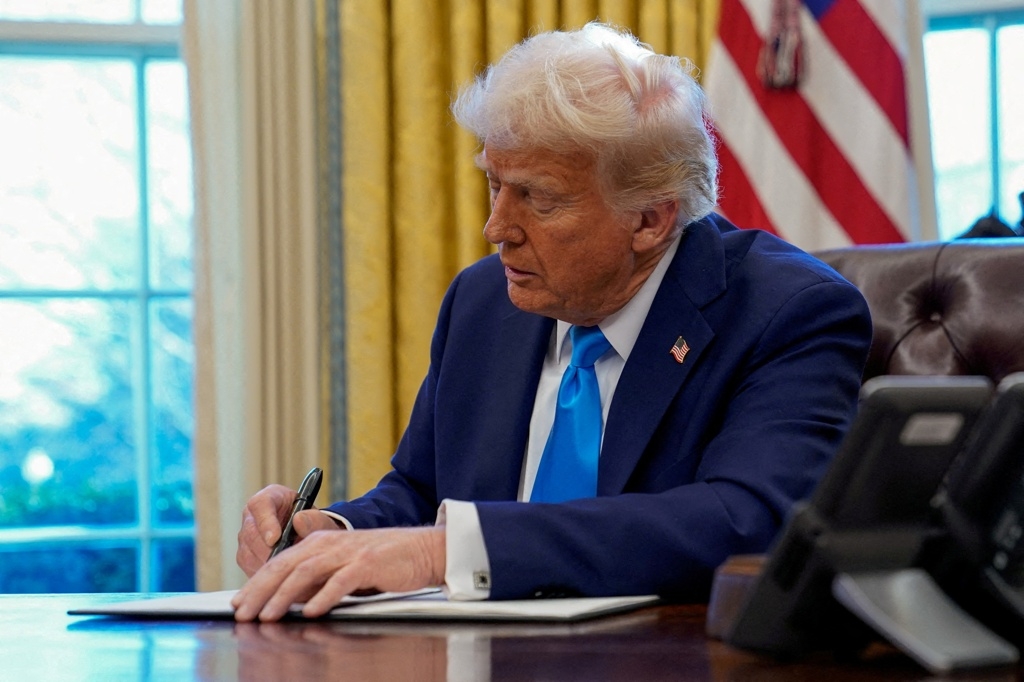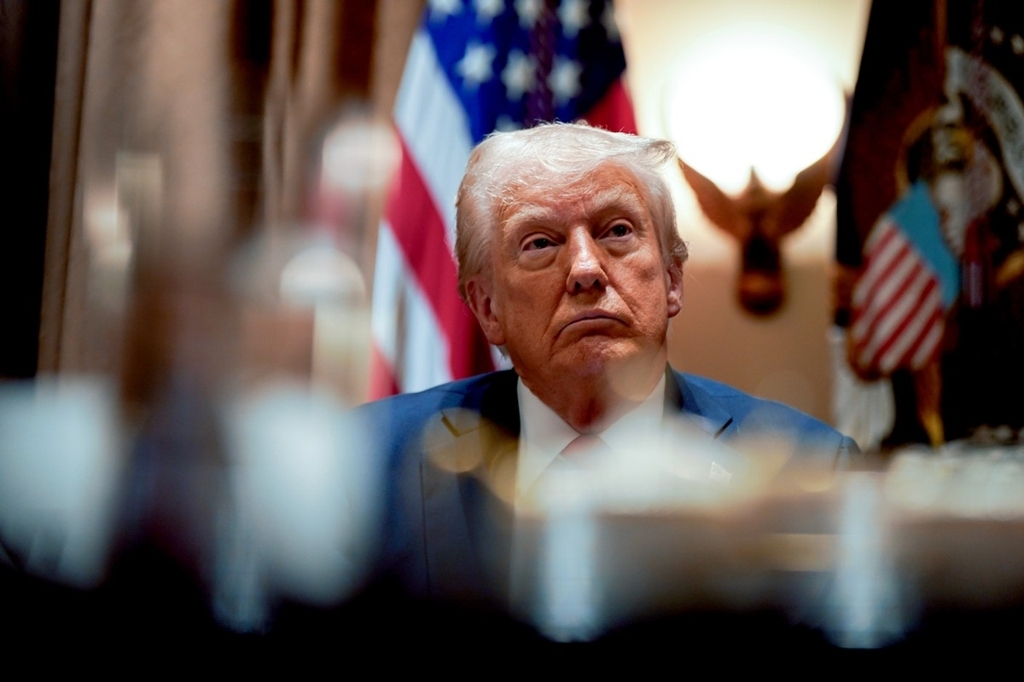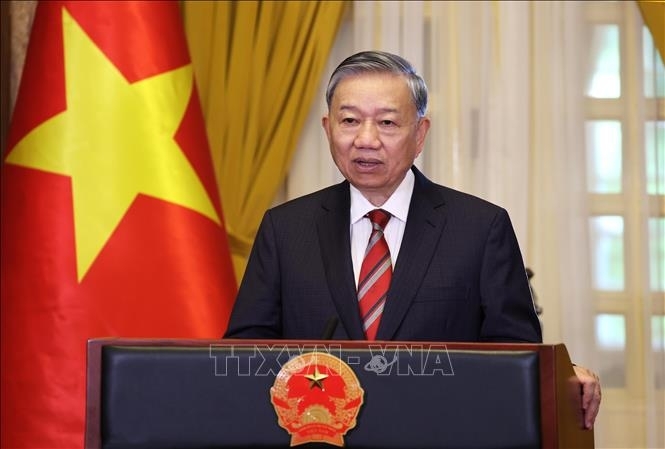Trump's 25% Tariffs on Canada and Mexico: Economic Fallout Ahead
Discover the implications of Trump's 25% tariffs on Canada and Mexico, and how they could reshape North American trade relations and economics.

Key Points
- Trump's 25% tariffs on imports from Canada
and Mexico aim to address illegal immigration and drug trafficking concerns.
- Responses from Canadian and Mexican leaders reflect a determination to counter the economic impacts while reinforcing border security.
- The tariffs may disrupt industries reliant on cross-border trade, potentially raising costs for American consumers and affecting job stability.
In a significant move that has sent ripples across North America,
has announced a 25% tariff on imports from Canada and Mexico. This decision, which comes after a brief suspension intended to foster negotiations, poses profound implications for trade relations among the United States, Canada, and Mexico. With steadfast commitments to border security and economic stability, this controversial approach raises questions on its potential effects on bilateral ties and market dynamics.
The Rationale Behind Tariffs
Trump's imposition of these tariffs is framed as a response to ongoing issues related to illegal immigration and drug trafficking, prominently citing the opioid crisis fueled by fentanyl from Mexico and other sources. He asserts that "there is no margin" for maneuvering, emphasizing the urgency of action to address what he perceives as inadequate efforts from Canada and Mexico in curbing these challenges.

According to Trump, the tariff policy aims to pressure both nations into enhancing their security measures along the border. For instance, Mexico's recent deployment of military personnel to the U.S.-Mexican border illustrates the country's efforts to align more closely with U.S. expectations.
Responses from Canada and Mexico
The reactions from Canada and Mexico have been mixed yet firm. Canadian Prime Minister
has publicly criticized the U.S. stance, arguing that "the U.S. has declared economic war on its closest ally". He contends that such actions threaten the economic stability of Canada and could lead to significant job losses.
On the other hand, Mexican President
has called for courage and resilience in the face of impending tariffs. Despite the daunting circumstances, she emphasizes that "we have a plan" to mitigate potential repercussions. The message from both leaders signals a commitment not only to bilateral cooperation but also a determination to stand against unilateral economic measures.

Broader Economic Implications
The tariffs are likely to affect a myriad of sectors. Industries reliant on cross-border supply chains, such as automotive manufacturing, could face significant challenges. Trump has indicated a desire for the production of goods to remain within U.S. borders, suggesting that companies might need to reconsider their manufacturing strategies.
As companies adapt to this new reality, there's a growing call for innovation and investment in domestic manufacturing capabilities. This could potentially spur job creation in the U.S. but might also lead to increased prices for consumers. According to economic experts, such tariffs could inadvertently raise costs for American households, countering the intended benefits of protecting domestic jobs.
Looking Forward: Trade Relations and Cooperation
While navigating these turbulent waters, it is essential to recognize the historical context of U.S.-Canada-Mexico relations. The three nations share deep economic ties through agreements such as the USMCA (United States-Mexico-Canada Agreement), which was established to foster collaboration. Moving forward, maintaining open channels of dialogue will be critical to address grievances and work towards mutually beneficial solutions.

As these tariffs take effect, stakeholders must consider not only the economic implications but also the political realities that underpin them. Balancing national security with trade interests will be a delicate task requiring strategic foresight from all parties involved.
In conclusion, the introduction of a 25% tariff on imports from Canada and Mexico marks a pivotal moment in North American trade relations. With strong reactions from neighboring governments and potential repercussions on various industries, this decision emphasizes the complexity of international trade amid pressing domestic issues. Navigating these challenges will require cooperation, strategic planning, and a commitment to dialogue among the involved nations.


